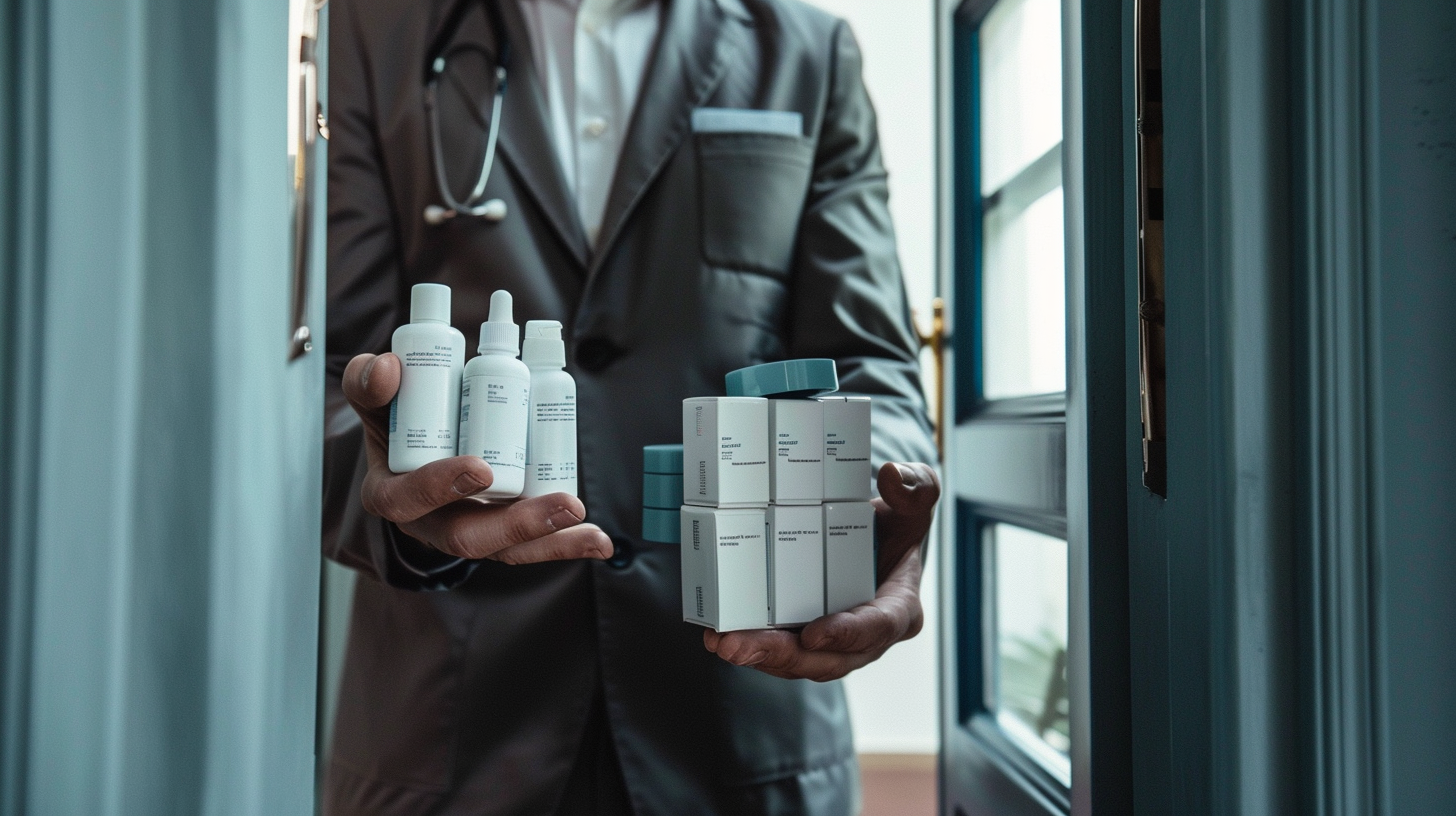In a strategic move to strengthen its dermatology portfolio, pharmaceutical giant Johnson & Johnson has agreed to acquire Proteologix, a privately-held biotech developing bispecific antibody therapies for inflammatory skin diseases like atopic dermatitis. The $850 million all-cash deal gives J&J access to promising clinical and preclinical stage assets.
The crown jewel of the acquisition is Proteologix’s lead candidate PX128, a Phase 1-ready bispecific antibody targeting two key drivers of atopic dermatitis and asthma – interleukin-13 (IL-13) and thymic stromal lymphopoietin (TSLP). By simultaneously blocking these complementary inflammatory pathways, PX128 could provide a substantial efficacy boost over current monospecific antibody treatments.
Proteologix’s second asset, the preclinical bispecific PX130, goes after IL-13 and IL-22 for the treatment of moderate to severe atopic dermatitis. J&J cited the differentiated design of these dual-acting antibodies, highlighting their potential for infrequent, convenient dosing that could improve adherence.
The acquisition aligns with J&J’s strategic focus on building an immunology pipeline centered around bispecific antibodies for improved disease control across a range of inflammatory conditions.
Atopic dermatitis, a chronic inflammatory skin disease, impacts over 100 million adults worldwide, representing a massive market opportunity. However, up to 70% of patients fail to achieve remission on standard systemic treatments, underscoring a significant unmet need.
“We see an opportunity for best-in-disease efficacy for both PX128 and PX130,” said David Lee, global immunology therapeutic area head at J&J. The company believes the bispecifics could be game-changers for underserved patient subgroups by more comprehensively targeting the heterogenous drivers of atopic dermatitis.
The deal comes on the heels of positive Phase 3 data from Eli Lilly’s IL-13 antibody lebrikizumab in atopic dermatitis. After manufacturing setbacks, Lilly resubmitted its lebrikizumab filing in April and anticipates a decision later this year, setting up a potential commercial clash with J&J’s dual-acting antibodies down the road.
Proteologix, based in California, will be eligible for additional milestone payments on top of the $850 million upfront cash paid by J&J. The transaction, expected to close in mid-2024 pending regulatory approval, will fold in Proteologix’s other preclinical bispecific antibody programs focused on autoimmune diseases and cancer.
For J&J, the deal provides a promising path toward next-generation, differentiated therapies for the significant population of atopic dermatitis patients struggling with existing treatment options. Proteologix’s dual-acting bispecific antibodies represent potentially transformative medicines for a disease area that has proven stubbornly difficult to treat.
The acquisition reinforces J&J’s commitment to immunology and dermatology while bolstering its pipeline with innovative, clinically advanced assets that could drive future growth. As the atopic dermatitis market heats up, J&J has made a preemptive strike to secure a competitive edge through its newest biotech addition.
Want small cap opportunities delivered straight to your inbox?
Channelchek’s free newsletter will give you exclusive access to our expert research, news, and insights to help you make informed investment decisions.

